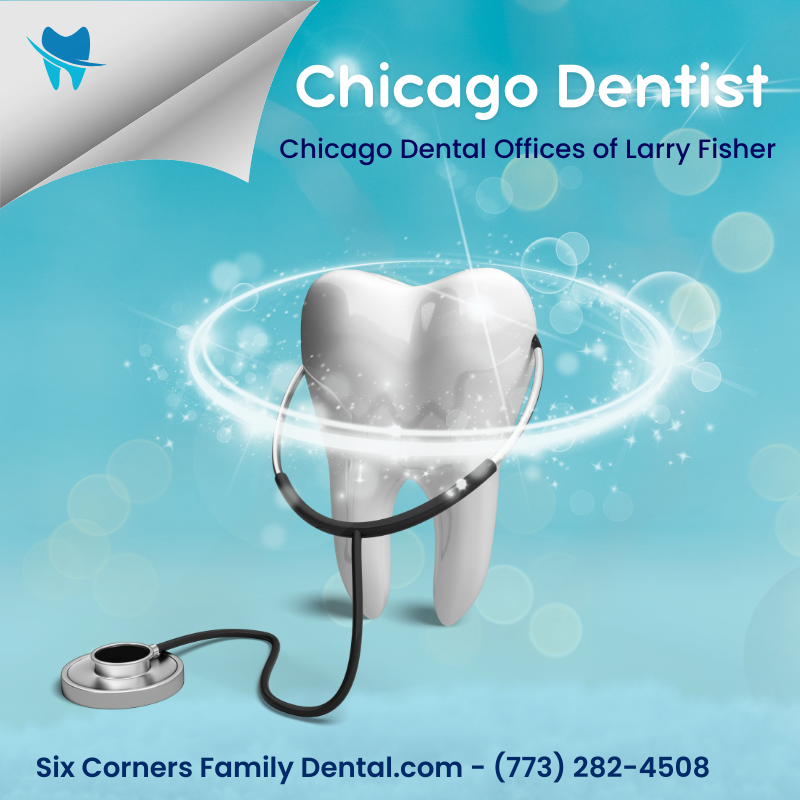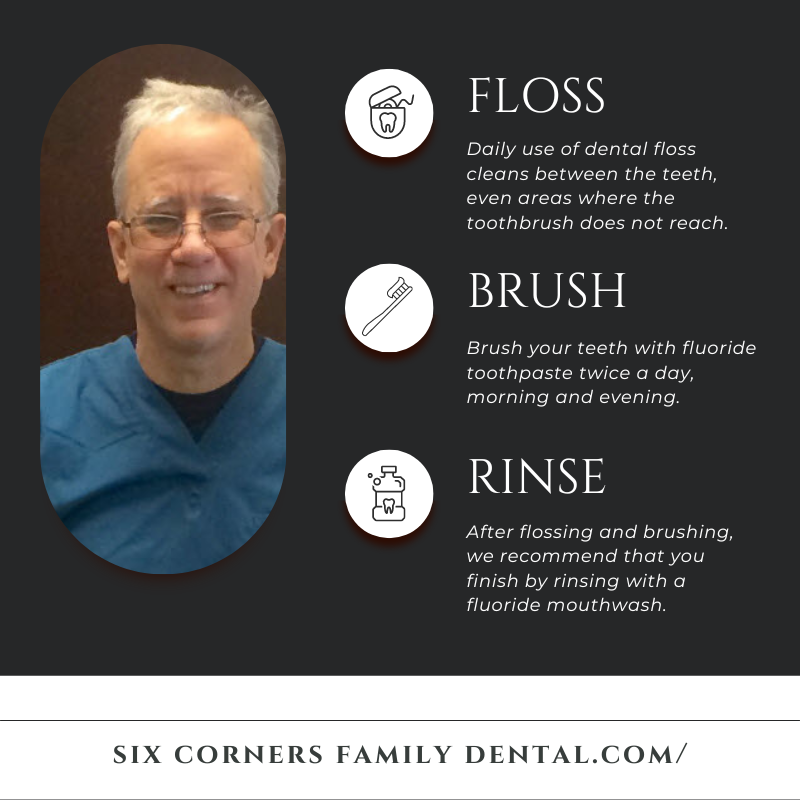Chicago Dental FAQs: Root Canal Questions
Questions About Chicago Root Canals ? We have the answers and give the Root Canal a much better name and reputation with our gental and painless approach.
Root canals are a common dental procedure designed to treat damaged or infected teeth. Though the thought of a root canal may evoke fears of pain and discomfort, the truth is that advancements in dental technology and techniques have made the procedure much less daunting than it once was.
This article aims to address one of the most common questions patients have when it comes to root canals: How painful is a root canal, and what can be done to minimize discomfort? Spoiler, it’s not that painful when done by a Root Canal Expert like Larry Fisher.
Key Takeaways:
-
- Root canals are a necessary dental treatment to restore function and save teeth from extraction.
- Minimizing discomfort during a root canal is possible through the use of dental anesthesia and sedation.
- Open communication with your dentist can help address any concerns or anxieties you may have.

What is a Root Canal Procedure?
A root canal procedure is a dental treatment that involves removing the infected or damaged pulp of a tooth to halt further deterioration or spread of infection.
It is also known as root canal therapy or root canal treatment and is commonly used to save a tooth that would otherwise need to be extracted. This procedure is performed by a qualified dentist or endodontist who specializes in the treatment of dental pulp and the interior of teeth.
The root canal procedure usually involves a series of steps, starting with a thorough examination to diagnose the dental problem and determine the most appropriate treatment. Before the procedure, the dentist will typically administer local anesthesia to numb the area around the affected tooth, ensuring the patient is comfortable and pain-free throughout the procedure.
Once the tooth is numb, the dentist will carefully remove the damaged or infected pulp from the interior of the tooth using specialized dental instruments. The canal is then cleaned and shaped to prepare it for filling. Next, the dentist will place a rubber-like material called gutta-percha into the canal to fill the space and seal the tooth. A temporary filling may also be placed to protect the tooth until a permanent filling or crown can be installed.
After the procedure is complete, the patient may experience some sensitivity or discomfort, but this is usually temporary and can be managed with pain relief medication, good oral hygiene, and following any post-treatment instructions provided by the dentist. Overall, a root canal is a highly effective and often essential procedure for preserving the natural tooth and preventing the need for more extensive dental work.

Understanding the Discomfort Associated with Root Canals
Root canals are generally associated with discomfort, but the extent of pain varies from person to person. Some patients report feeling minimal discomfort, while others may experience more intense sensations during the procedure.
The discomfort associated with root canals can be attributed to various factors. One of the main causes is the presence of infection or inflammation in the affected tooth. This can irritate the nerves and surrounding tissues, leading to pain and discomfort.
Another factor that can contribute to discomfort during a root canal is nerve sensitivity. If the nerve in the tooth is particularly sensitive, the patient may feel more pain during the procedure. Additionally, the use of dental instruments during the procedure can cause discomfort, especially if they come into contact with the nerve.
It is important to note that any discomfort experienced during a root canal is typically temporary and can be managed with appropriate dental pain relief. If you are experiencing discomfort during the procedure, be sure to communicate with your dentist so they can take steps to alleviate your discomfort and ensure a successful procedure.
Minimizing Discomfort During a Root Canal
Root canal procedures can cause discomfort, but there are various ways to minimize it. The most common method is through the use of dental anesthesia, which numbs the affected area and reduces pain during the procedure. Your dentist will determine the appropriate type and amount of anesthesia for your specific case.
If you experience dental anxiety or have a low pain tolerance, your dentist might also recommend dental sedation to help you relax during the procedure. Sedatives can be administered orally, intravenously, or through inhalation, and their effects can range from mild relaxation to a state of unconsciousness. Your dentist will explain the sedation options available and help you choose the one that best suits your needs.
During the procedure, it’s important to communicate openly with your dentist and raise any concerns or discomfort you might experience. Your dentist can adjust the level of anesthesia or sedation to ensure you are comfortable throughout the procedure.
After the root canal, your dentist will provide you with post-treatment care instructions to promote a smooth recovery. These might include avoiding hard or crunchy foods, taking pain relief medication as directed, and maintaining good oral hygiene practices. Following these instructions can help minimize any discomfort or complications after the procedure.
Conquering Dental Anxiety and Seeking Relief
If the thought of dental procedures makes you nervous, you’re not alone. Many people experience dental anxiety, which can make it challenging to seek the care you need. Fortunately, there are steps you can take to overcome your fears and find relief.
Embrace open communication
One of the most effective ways to reduce dental anxiety is to discuss your concerns with your dentist openly. This can allow your dentist to address any fears or misconceptions you may have and help you feel more comfortable during your procedure.
Seek emotional support
Consider bringing a friend or family member to your appointment for emotional support. Alternatively, you can ask your dentist if they allow emotional support animals during procedures.
Explore Sedation options
If you struggle with severe dental anxiety, your dentist may recommend dental sedation. This can involve taking medication to help you relax or undergoing general anesthesia, depending on the severity of your anxiety and the procedure being performed.
Maintain Good Oral Hygiene
Prevention is key when it comes to dental health. By maintaining good oral hygiene practices, such as brushing and flossing regularly and attending regular dental check-ups, you can reduce the likelihood of needing more invasive procedures in the future.
Remember, your dental health is just as important as your overall health. By taking proactive steps to conquer dental anxiety and seek the care you need, you can maintain a healthy, functional smile for years to come.

Top Chicagoland Root Canal Expert
We are located in the 60641 area code and provide top dental root canal services to all Chicago residents.
If you need a Root Canal or want to see if you need a root canal, contact Larry A. Fisher today. Call us today or fill out the online appointment form.
🦷 Fill out the Online Dental Appointment Form
Chicago Root Canal Offices
Larry A. Fisher, D.D.S.
4949 W. Irving Park Rd. – Suite #B
Chicago, IL 60641
(773) 282-4508
Free Parking Available

